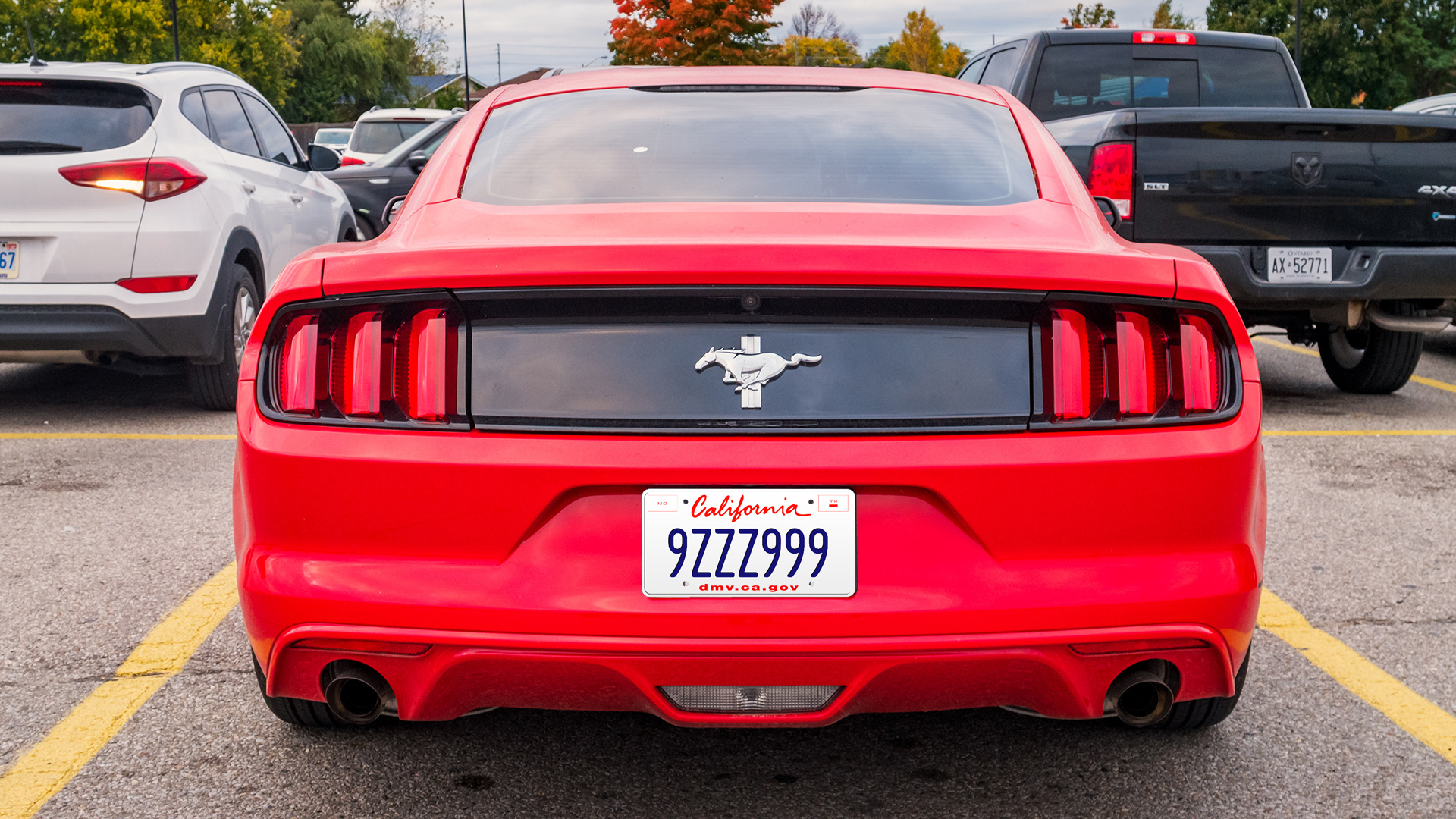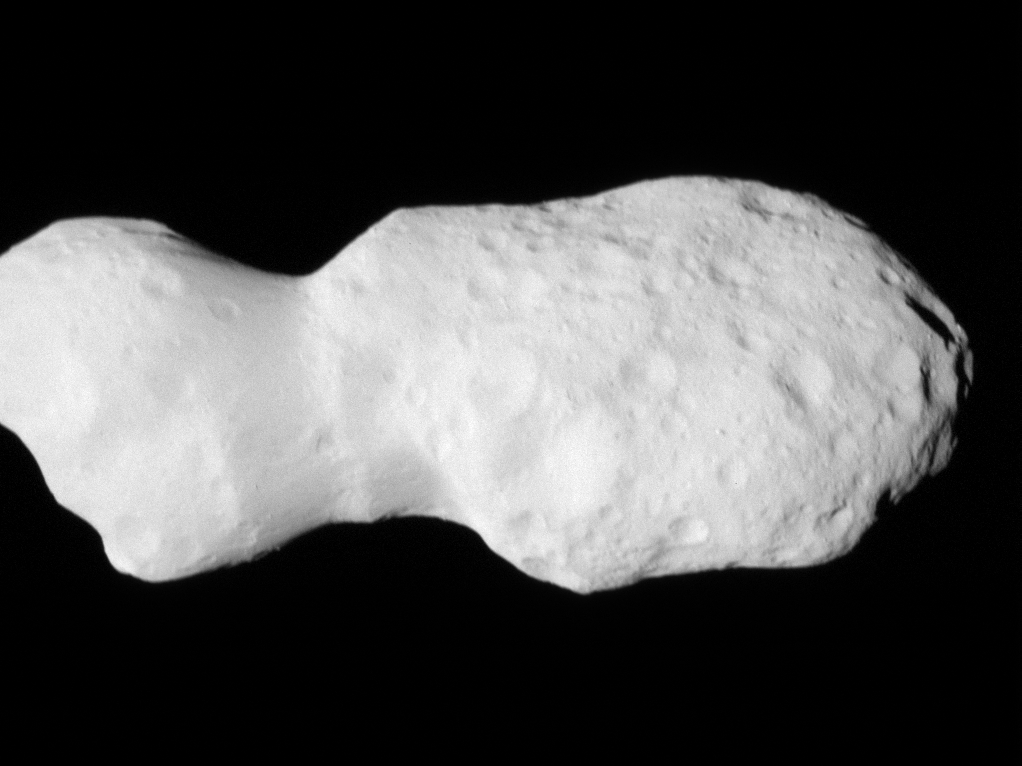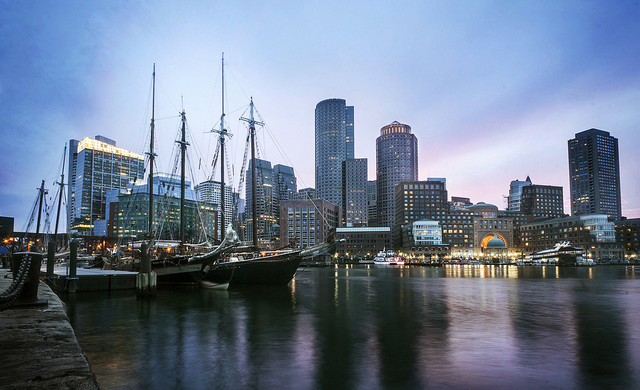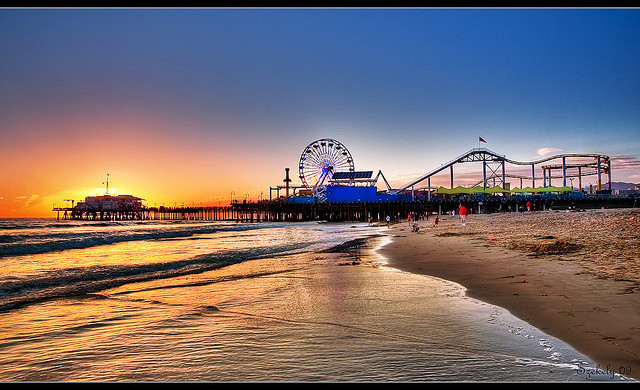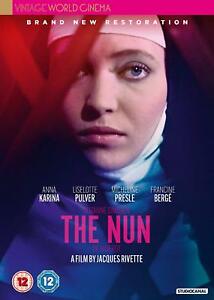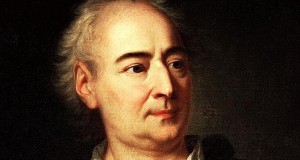THE NUN [LA RELIGIEUSE]
From the November 29, 1990 Chicago Reader, where some wag had the bright idea of calling this piece “The Stinging Nun”. — J.R. THE NUN **** (Masterpiece) Directed by Jacques Rivette Written by Jean Gruault and Rivette With Anna Karina, Liselotte Pulver, Micheline Presle, Christianne Lenier, Jean Martin, and Francisco Rabal. While it’s certainly regrettable that it’s taken Jacques Rivette’s controversial second feature 24 years to get distributed in this country in its complete and original form, there’s also something felicitous about its finally becoming available in an era when censorship of the arts is again on the warpath. Delays of various kinds have been central to the history of this potent if surprisingly chaste film, and there were comparable delays between the year Denis Diderot finished the novel that the film is based on (1760) and its actual appearance in print (1780-82 in serial form, and 1796–12 years after Diderot’s death — in the first printed edition). Oddly enough, although the film makes no mention of this, the novel started out as a practical joke — an elaborate hoax staged by Diderot and some of his friends, who wanted to lure one of their cronies, the Marquis de Croismare, back to Paris after he retired to Normandy in 1758. Read more
![THE NUN [LA RELIGIEUSE]](https://www.jonathanrosenbaum.net/wp-content/uploads/2019/12/TheNun-300x202.jpg)
From the November 29, 1990 Chicago Reader, where some wag had the bright idea of calling this piece “The Stinging Nun”. — J.R.
THE NUN
**** (Masterpiece)
Directed by Jacques Rivette
Written by Jean Gruault and Rivette
With Anna Karina, Liselotte Pulver, Micheline Presle, Christianne Lenier, Jean Martin, and Francisco Rabal.
While it’s certainly regrettable that it’s taken Jacques Rivette’s controversial second feature 24 years to get distributed in this country in its complete and original form, there’s also something felicitous about its finally becoming available in an era when censorship of the arts is again on the warpath. Delays of various kinds have been central to the history of this potent if surprisingly chaste film, and there were comparable delays between the year Denis Diderot finished the novel that the film is based on (1760) and its actual appearance in print (1780-82 in serial form, and 1796–12 years after Diderot’s death — in the first printed edition).
Oddly enough, although the film makes no mention of this, the novel started out as a practical joke — an elaborate hoax staged by Diderot and some of his friends, who wanted to lure one of their cronies, the Marquis de Croismare, back to Paris after he retired to Normandy in 1758. Read more
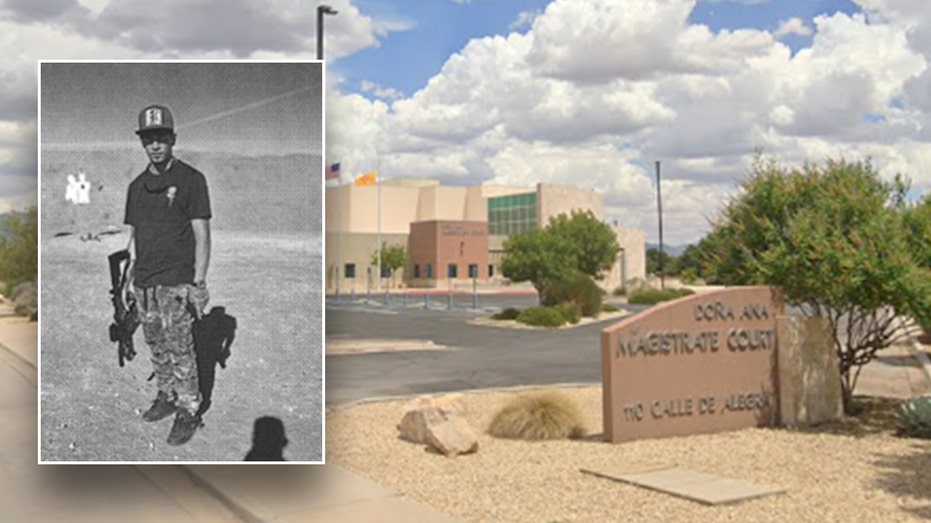









![From fast food worker to cybersecurity engineer with Tae'lur Alexis [Podcast #169]](https://cdn.hashnode.com/res/hashnode/image/upload/v1745242807605/8a6cf71c-144f-4c91-9532-62d7c92c0f65.png?#)














